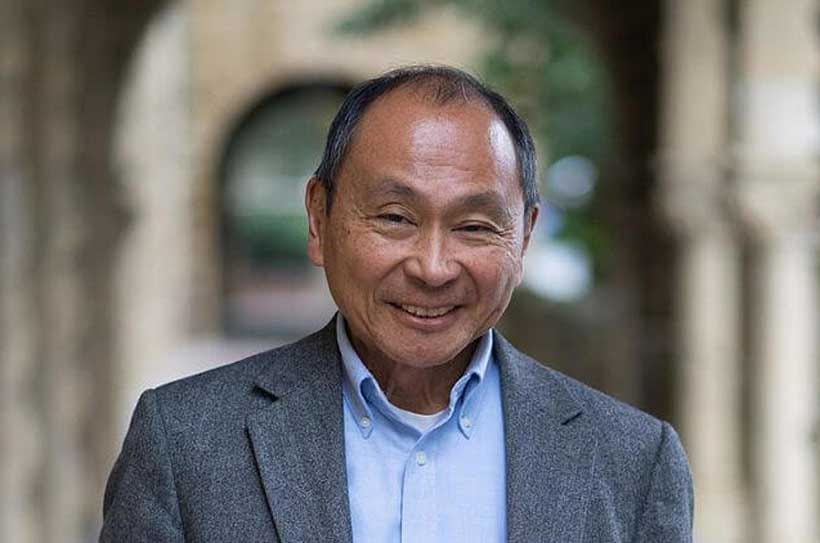The Hangover at the End of History
Why Francis Fukuyama’s Prophecy Left Us Trapped in a Meaningless Present
This article critically examines the implications of Francis Fukuyama’s influential thesis that liberal democracy represents the “end of history,” a concept he famously articulated in the wake of the Cold War. It engages with the notion that the ideological triumph of liberal democracy has led to a societal malaise characterized by apathy, disillusionment, and a profound sense of meaninglessness, challenging readers to reconsider the relevance of Fukuyama’s predictions in light of contemporary political and cultural crises.
Fukuyama’s argument posited that the global victory of liberal democracy would usher in a period of ideological stability, where future conflicts would revolve around cultural and identity issues rather than political ideologies. However, critics have contended that his framework oversimplifies the complexities of global politics and neglects the rise of identity politics, nationalism, and authoritarianism, which continue to disrupt the assumed linear progression toward universal democracy. This book contextualizes these critiques within a broader examination of how historical narratives shape current social dynamics and the ongoing relevance of identity in political discourse.
Man is condemned to be free; because once thrown into the world, he is responsible for everything he does.
Jean-Paul Sartre
The collection of essays within “The Hangover at the End of History” explores the interplay between historical interpretation and contemporary issues, asserting that a deeper understanding of past traumas is essential for addressing the challenges faced by modern societies. Additionally, the book highlights the necessity of political engagement in cultural studies, arguing that the study of culture devoid of its political implications is insufficient for grappling with the crises of the present. As such, the work contributes to an ongoing dialogue about the legacy of Fukuyama’s thesis and its impact on both intellectual discourse and societal perceptions of progress and identity in a postmodern world.
Historical Context
The concept of the “end of history,” as popularized by Francis Fukuyama, emerged in the wake of the Cold War, marking a significant ideological shift in the understanding of historical progression. Fukuyama’s thesis posited that the global triumph of liberal democracy and capitalism represented the culmination of humanity’s ideological evolution, suggesting that future conflicts would be less about political ideologies and more about culture and identity. This notion has been met with both acclaim and criticism, particularly regarding its implications for cultural and political discourse in the postmodern era.
Critics of Fukuyama’s thesis have raised concerns about its potential to foster apathy and a sense of meaninglessness in contemporary society. Scholars like Stanley Fish and J. Hillis Miller have questioned the relevance of intellectual work within a socio-political landscape that appears to disregard the influence of academia and the humanities. This tension between intellectual engagement and political relevance reflects a broader anxiety regarding the role of cultural studies in a world that seems to have entered a state of post-histoire, or after history.
The discourse surrounding the end of history is further complicated by the argument that cultural studies must not shy away from political engagement. As noted by Françoise Meltzer, the study of culture devoid of political context is insufficient and ultimately meaningless. This perspective underscores a critical need to re-examine historical narratives and their relevance to contemporary issues, especially in light of unresolved traumas and social injustices inherited from the past.
Those who cannot remember the past are condemned to repeat it.
George Santayana
Furthermore, the exploration of medieval studies within this framework can yield new insights into modernity and its complexities. Scholars like Glenn Burger and Steven Kruger have advocated for a “queer history“ that seeks to bridge the medieval with the postmodern, challenging conventional historical interpretations and encouraging a dynamic understanding of cultural continuity and change. This approach emphasizes the importance of considering how past events and ideologies inform present realities, particularly in the context of identity formation, morality, and justice.




